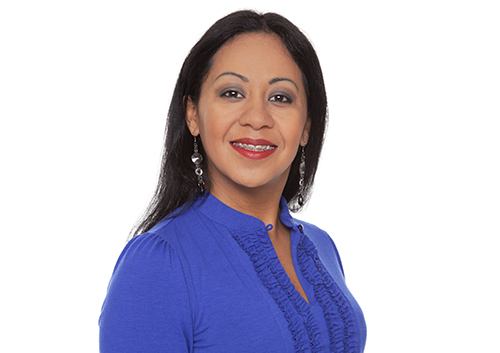Wax Facts
April 14th, 2021

In the long run, wearing braces is so worth it. Whether you’re working toward straight teeth, an improved bite, or both, you’ll end up with a beautiful smile! But sometimes, in the short run, they can be really annoying. Braces can irritate your lips, tongue, and cheeks while you are getting used to them or after an adjustment. Or a problem wire can poke the inside of your mouth and you can’t see us immediately for a repair. At times like these, Dr. Nathan Downey will recommend orthodontic wax to make your life more comfortable.
- What is Orthodontic Wax?
Orthodontic wax is made from non-toxic products like beeswax, carnauba wax, and paraffin wax. Some products might contain extras like vitamin E, aloe, or flavorings. The soft wax covers the bracket or wire that is bothering you with a smooth surface that won’t irritate sensitive mouth tissue and will give sore areas a chance to heal.
- What if I Swallow a Piece?
All dental wax is made of non-toxic ingredients. If you accidentally swallow a bit, no need to worry.
- Is It Hard to Apply?
It’s not hard, but it takes a bit of practice. First, locate the wire or bracket that is causing the problem. You might know where it is right away, or be able to discover it by discovering which sharp bracket or wire is across from the sore spot in your mouth.
Always wash your hands first. Brush and floss, so you will have a clean surface to apply the wax. The drier the surface, the better the wax will stick, so let the area air dry or use something clean such as sterile gauze to dry around the bracket.
The wax is actually quite easy to work with. Break off a small piece of wax (no bigger than the size of a popcorn kernel or a pea), roll it in your fingers to soften it, and press the wax firmly but carefully over the problem bracket or wire until it sticks. Rub until the wax is smooth. Don’t worry, we will be happy to show you just how it’s done.
- Can I Eat with Wax in Place?
If you find that you can eat without much irritation, it’s better to eat without wax over your braces. Remove the wax before eating and brush carefully to remove any food particles from your braces before applying new wax. If you do snack while using wax, be sure to change it after you eat. Wax, after all, sticks easily to your braces—and food particles stick to wax! Not a good look, and not good for your teeth.
- Brushing and Flossing
Take off any wax before you brush and floss. Your toothbrush will thank you!
You probably have lots of other questions. Can you sleep with wax on your braces? Will it help you be more comfortable at trumpet practice? That’s why we’re here! If you have any questions at all about orthodontic wax and how to use it, call our Bowling Green, OH office. We want to make sure that the months you spend wearing braces are as comfortable as possible on your way to a lifetime of beautiful smiles. It’s so worth it!






 Website Powered by Sesame 24-7™
Website Powered by Sesame 24-7™